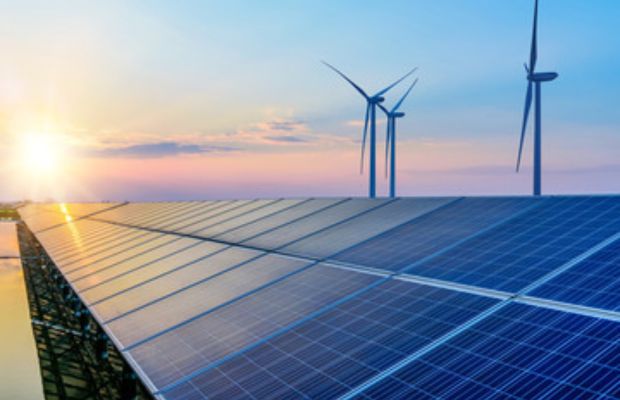The latest Renewable Energy Statistics 2024 report by the International Renewable Energy Agency (IRENA) has sparked significant concerns in the Middle East, particularly in the United Arab Emirates (UAE), regarding the region’s progress towards sustainable energy goals.
Released today, the report highlights a global surge in renewable energy capacity, with a remarkable 14% increase in 2023 alone. This growth continues a trend of 10% annual expansion since 2017, positioning renewable energy as a key contender to surpass fossil fuels in global power capacity. However, despite these gains, the Middle East remains challenged in meeting its renewable energy targets.
According to IRENA, achieving the global target of tripling renewable energy capacity by 2030, set during COP28, requires an accelerated annual growth rate of at least 16.4% worldwide. This urgency is particularly relevant to the Middle East, where the pace of renewable energy adoption has been slower compared to other regions.
Francesco La Camera, Director-General of IRENA, emphasized the critical need for accelerated efforts: “The Middle East has immense potential for renewable energy, yet faces significant challenges in scaling up deployment. It’s crucial for countries in this region to implement robust policies, attract investments, and enhance technological capabilities to bridge the gap and contribute to global energy transition goals.”
The UAE, known for its ambitious renewable energy initiatives like the Mohammed bin Rashid Al Maktoum Solar Park and the Abu Dhabi Vision 2030, plays a pivotal role in the regional landscape. Dr. Sultan Al Jaber, COP28 President and UAE Minister of Industry and Advanced Technology, stressed the importance of collaboration and innovation: “The UAE is committed to leading by example in renewable energy. Our nation’s efforts are geared towards not only meeting but exceeding our targets, driving economic growth, and ensuring sustainable development.”
Despite regional challenges, there are signs of progress. The UAE continues to invest heavily in renewable energy projects and infrastructure, aiming to diversify its energy mix and reduce reliance on fossil fuels. The country’s strategic location and abundant solar resources position it as a potential global hub for renewable energy innovation and investment.
However, experts caution that more needs to be done to accelerate the pace of renewable energy adoption across the Middle East. Enhanced policy frameworks, streamlined regulatory processes, and increased financial incentives are crucial to unlocking the region’s full renewable energy potential.
In conclusion, while the Middle East faces challenges in meeting its renewable energy targets, there is a growing commitment and momentum towards a sustainable energy future. With continued investment and innovation, the region can play a transformative role in global efforts to combat climate change and achieve energy security.


